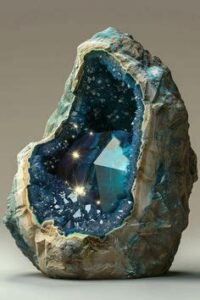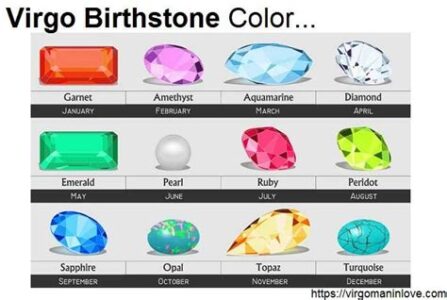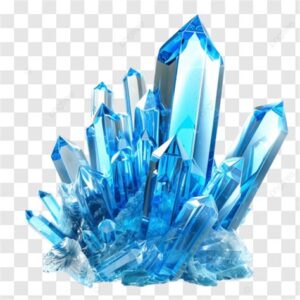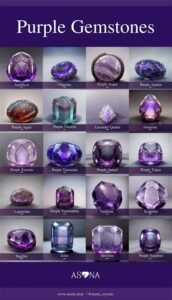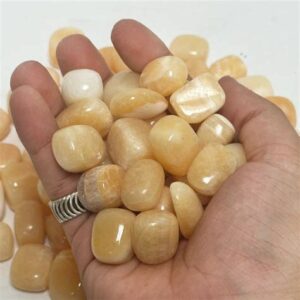Unlocking the Potential of Earth’s Precious Resources
Raw minerals are the foundation of modern society, providing the essential building blocks for everything from infrastructure and manufacturing to energy and electronics. With the world’s population and demand for resources rapidly rising, the importance of these natural assets cannot be overstated.

The Abundance and Diversity of Raw Minerals
The Earth’s crust is a treasure trove of diverse mineral deposits. According to the United States Geological Survey (USGS), there are over 2,000 known minerals on the planet, each with unique chemical and physical properties. These minerals can be broadly categorized into three main groups:
- Metallic minerals: These include metals such as iron, copper, aluminum, and gold.
- Nonmetallic minerals: These encompass materials such as sand, gravel, limestone, and salt.
- Energy minerals: These include fossil fuels (oil, gas, and coal), as well as renewable energy sources such as uranium and rare earth elements.
The Importance of Raw Minerals in Modern Life
Raw minerals are crucial for countless aspects of our daily lives. They are used in the production of:
- Infrastructure: Roads, bridges, buildings, and pipelines rely heavily on minerals such as concrete, steel, and cement.
- Manufacturing: Minerals are essential for the production of everything from cars and appliances to electronics and medical devices.
- Energy: Fossil fuels provide a significant portion of the world’s energy supply, while renewable energy sources are becoming increasingly important.
- Agriculture: Minerals are used in fertilizers and pesticides to enhance crop yields and ensure food security.
The Economic Value of Raw Minerals
The global mineral industry is a multi-trillion-dollar business. According to the World Bank, the total value of mineral exports worldwide exceeded $2.5 trillion in 2021. This value is projected to continue growing in the coming years as demand for natural resources continues to rise.
The Challenges of Mining Raw Minerals
While raw minerals are essential for our society, their extraction and processing pose significant challenges:
- Environmental impacts: Mining can lead to deforestation, soil erosion, and water pollution.
- Social impacts: Mining operations can displace indigenous communities and disrupt local livelihoods.
- Health and safety risks: Mining is a hazardous industry that can lead to accidents and occupational diseases.
Sustainable Mining Practices
Recognizing these challenges, the mining industry has adopted a range of sustainable practices to minimize its environmental and social impacts. These practices include:
- Reclamation and rehabilitation: Restoring mined areas to their natural state or other beneficial uses.
- Water conservation: Reducing water consumption and recycling wastewater.
- Energy efficiency: Adopting energy-saving technologies and using renewable energy sources.
- Community engagement: Working with local communities to ensure fair benefits and address concerns.
Innovation and New Applications
Ongoing research and development efforts are uncovering new applications for raw minerals and innovative ways to extract and process them. For example, researchers are exploring the use of “biomining” techniques that utilize microorganisms to extract minerals from ores.
Tips and Tricks for Responsible Mineral Use
As consumers, we can play a role in promoting sustainable mineral use by:
- Recycling and reusing: Conserving minerals by reusing products and recycling materials whenever possible.
- Making informed choices: Choosing products made from recycled materials or that have minimal environmental impacts.
- Supporting fair trade: Promoting fair treatment of workers and communities involved in the mining industry.
Frequently Asked Questions (FAQs)
-
What is the most valuable mineral in the world?
– Diamonds are considered the most valuable mineral by weight. -
Which country is the largest producer of raw minerals?
– China is the world’s leading producer of raw minerals, accounting for over 30% of global production. -
Are raw minerals renewable resources?
– No, raw minerals are non-renewable resources that cannot be replaced naturally within human timescales. -
What is the future of raw minerals?
– The demand for raw minerals is expected to continue growing, driven by population growth, economic development, and the transition to a greener economy. -
How can we reduce our reliance on raw minerals?
– Promoting recycling, increasing energy efficiency, and investing in renewable energy sources can help reduce our dependence on raw minerals. -
What is the impact of mining on indigenous communities?
– Mining can disrupt traditional livelihoods, displace communities, and damage cultural heritage sites. -
What are the ethical considerations of mineral extraction?
– Ensuring fair compensation, respecting human rights, and minimizing environmental impacts are crucial ethical considerations in mineral extraction. -
How can we promote sustainable mineral use?
– Supporting responsible mining practices, investing in research and innovation, and educating consumers about ethical mineral use are key strategies for promoting sustainability.


